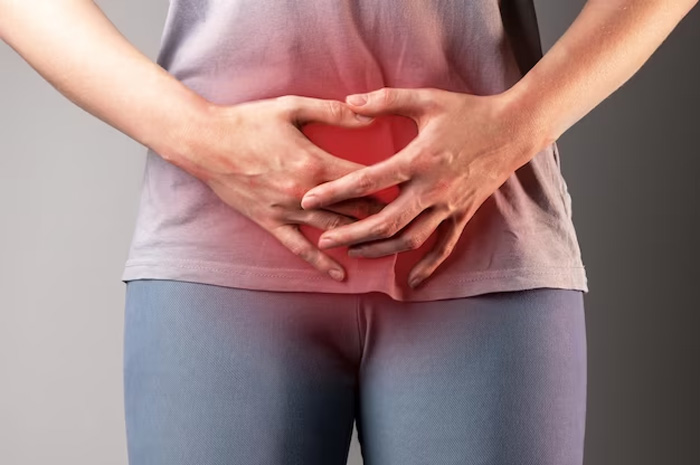Urinary tract infection, also known as UTI, is a problem faced by women which causes pain in the stomach and pelvis. Due to this infection, one feels like urinating frequently and there is burning and irritation while urinating. This infection occurs when bacteria enter the urinary tract, E. coli is a common bacteria that causes infection. An NCBI report states that approximately 50% of women are affected by this infection in their lifetime. UTIs are one of the most common clinical bacterial infections in women, accounting for approximately 25% of all infections.
The urinary system includes your kidneys, ureters, bladder, and urethra. In most infections, the lower urinary tract, bladder and urethra are affected. Women are more prone to getting UTIs than men. If the infection is limited to the bladder, it may be painful.
If a UTI spreads to the kidneys, serious health problems can occur. Now the question is, what are the reasons for this and is there any treatment for it?
DrMadhurVarshney, the gynaecologist at Varshney Clinic, located in Vasundhara Enclave, Delhi, says, "It is caused by bad bacteria growing in the urinary tract from your bladder to the kidneys. If you hold urine for a long time, it can lead to the reason could be infection. There are many other reasons for this, but timely treatment and care can give you relief from this problem." What could be the other reasons for UTI and how to treat it, let us know from the doctor?
Causes of urinary tract infection
From hormonal changes to different phases of a woman's reproductive cycle, there are many reasons why women are more likely to get UTIs than men. Let us know about those reasons-
Due to sexual contact
Due to the physical structure of women, they are also at risk of getting UTI after sex. Sexual contact can cause bacteria to enter the urethra near the vagina.
Due to contraceptive drugs
Using contraceptive medications can also cause frequent UTIs. Spermicides can cause vaginal irritation which can create an environment for bacteria to grow.
Due to menopause
As you age and estrogen levels drop, your vaginal tissue becomes thinner. This increases the risk of infection. This is why the risk of UTI also increases during menopause.
Due to pregnancy
Pregnant women are also at higher risk of getting UTIs. Serious infections can cause problems for you and your baby. If you think you have a UTI, contact your gynaecologist immediately.
Due to the length of the urethra
Urine exits the body through the urethra. Additionally, bacteria infect your urinary tract through this route. The length of the urethra is much shorter in women than in men.

How to cure urinary tract infection
DrMadhurVarshney says that it is very important to maintain good hygiene. Apart from this, drink plenty of water so that you urinate frequently and the bacteria keep coming out. Empty your bladder when you feel the need to go to the bathroom. Apart from this, consume these three things-
Take probiotics
Be sure to include probiotic-rich foods like curd in your diet. Probiotics promote the growth of beneficial bacteria in the gut, which can help maintain a healthy balance in the tract. Fermented foods, such as kefir and kimchi, are good sources of probiotics, as are dark leafy vegetables.
Drink rice water
Rice water can also help in reducing the problem of UTI. Along with this, it can also reduce acidity and muscle cramps. Rice water has natural soothing properties, which can provide relief from burning and irritation caused by UTI.
Drink an adequate amount of water
UTIs can make it painful to urinate, but you should still drink plenty of water. Due to this, you will urinate frequently and the bacteria will soon come out of the urine. Your pain and discomfort will also reduce. So, focus on staying well hydrated. If your UTI problem is not serious, you can recover within a day or two.
If you get infected easily, then pay attention to good hygiene and avoid consumption of chilli, spicy or spicy, oily food and alcohol during this period. To ensure that the problem of UTI does not become serious, contact your doctor.
Image Credit: Freepik










